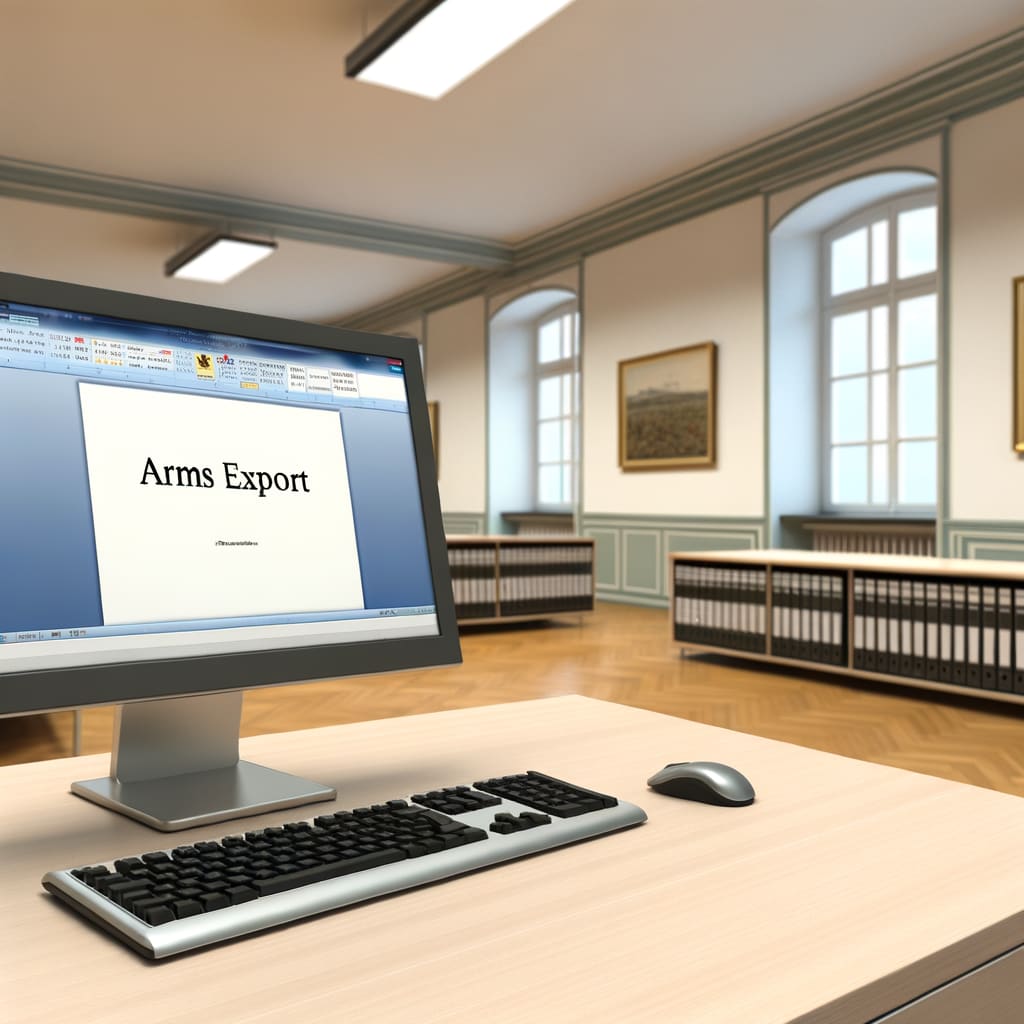Germany Suspends Arms Sales to Israel Amid Gaza Occupation Plan
In a significant shift in policy, Germany has announced the suspension of arms exports to Israel that could potentially be used in the proposed occupation of Gaza City. The decision, which was made by German Chancellor Friedrich Merz, comes amid widespread international criticism of the Israeli military takeover plan approved by Prime Minister Binyamin Netanyahu and his security cabinet.
Background and Context
The plan for Israel's military to take control of Gaza City, which was announced on August 7, 2025, has been met with backlash both domestically and internationally. This development has occurred against a backdrop of mounting pressure on Israel over the ongoing humanitarian crisis in Gaza.
Germany, a historical ally of Israel and its second-largest arms supplier, has responded to this plan by halting all further military exports to Israel. Chancellor Merz has cited the potential use of such exports in Gaza as the reason for this decision.
Key Developments
This policy change by Germany has significant implications due to the country's traditionally strong backing of Israel. The decision was announced on August 8, 2025, following the approval of Israel's military takeover plan.
The disarmament of Hamas is imperative. Hamas must not play a role in Gaza in future,
said Chancellor Merz. However, he added that it was increasingly unclear
how Israel's latest military plan would help disarm Hamas and save the remaining hostages.
Implications and Reactions
The international community has had mixed reactions to Germany's decision and Israel's plan. The United Nations has called on Israel to 'immediately stop' its approved plan, while Germany's Ursula Von der Leyen asked the Israeli government to 'reconsider' the plan.
Meanwhile, Turkey has requested the Security Council to intervene and stop Israel, and China has demanded a ceasefire from Israel. Amid these responses, a five-nation poll shows that the majority of individuals across three continents support action from the private sector and states to end weapons sales to Israel.
In response to Germany's decision, Israeli Prime Minister Netanyahu expressed his disappointment during a phone call with Chancellor Merz. He stated that Israel's aim is not to occupy Gaza but to free it from Hamas and enable a peaceful government to be established.
Conclusion
As of now, Germany's suspension of arms exports to Israel remains in place 'until further notice', marking a major shift in its policy towards Israel. The situation continues to develop, with international attention focused on Israel's plans for Gaza and the potential humanitarian implications.

